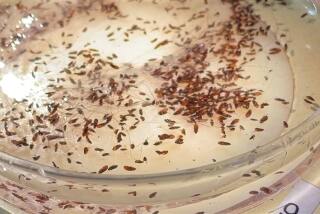Warning Issued on Pet Rodents
- Share via
ATLANTA — U.S. health officials warned the public Thursday to be careful when handling mice, rats and hamsters after an investigation of the first documented human cases of salmonella linked to pet rodents.
Although salmonella poisoning typically occurs as a result of eating contaminated food, such as eggs or meat, a number of cases were reported in people infected through contact with animals, usually snakes or turtles.
Pet chicks, ducklings, kittens and hedgehogs also have been linked to human outbreaks.
Rodents now have joined the list, said the Centers for Disease Control and Prevention.
The federal agency, based in Atlanta, said Thursday that 15 people in 10 states had contracted Salmonella typhimurium in 2003 and 2004 after direct exposure to various types of rodents purchased from pet stores.
A strain of the bacteria that is resistant to some antibiotics, Salmonella typhimurium, typically causes abdominal cramping, diarrhea and high fever. About half of those recently infected by the pet rodents were admitted to hospitals.
The CDC, however, did not recommend that people avoid keeping what it described as “pocket pets,” urging them instead to wash their hands after handling these animals or their cages and holding containers.
Dr. Stephen Swanson, a CDC epidemiologist who helped investigate the outbreaks, said it was especially important that parents monitored their children’s exposure to rodents and other such pets and ensure that they washed their hands after contact.
Eight of the 15 cases in its report were in children 16 or younger, the CDC said.
Like reptiles and other species, rodents can carry salmonella in their intestinal tracts and shed the bacteria in their feces. They need not have signs of the infection to pose a threat.
“It’s quite possible that some of these animals can shed the bacteria while still appearing well,” Swanson said.
More to Read
Sign up for Essential California
The most important California stories and recommendations in your inbox every morning.
You may occasionally receive promotional content from the Los Angeles Times.










